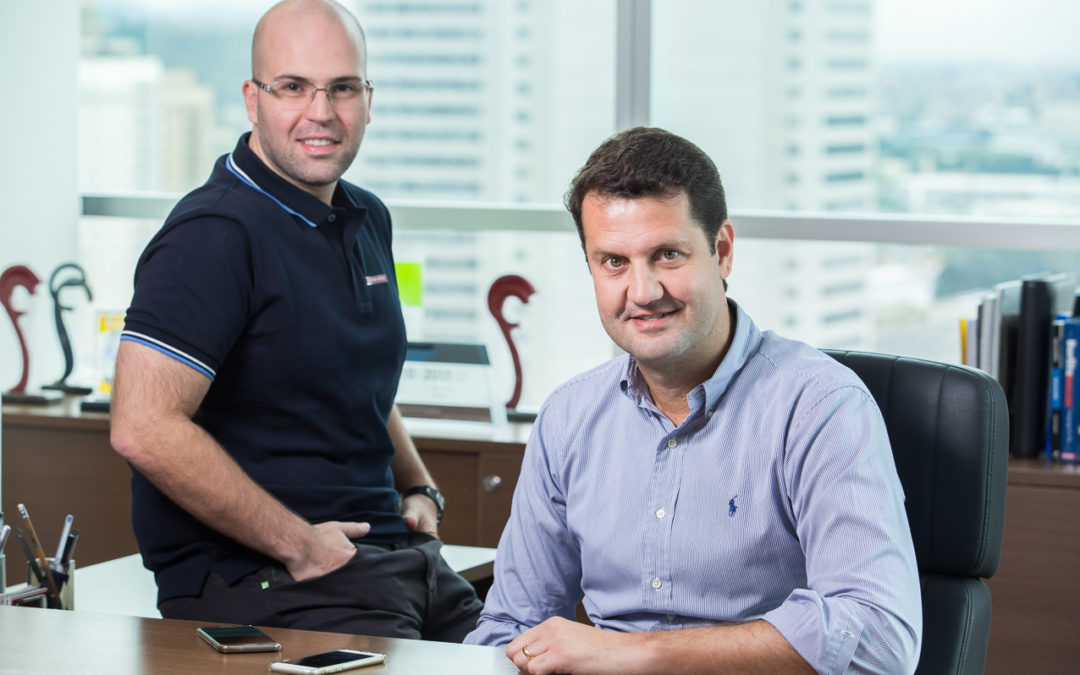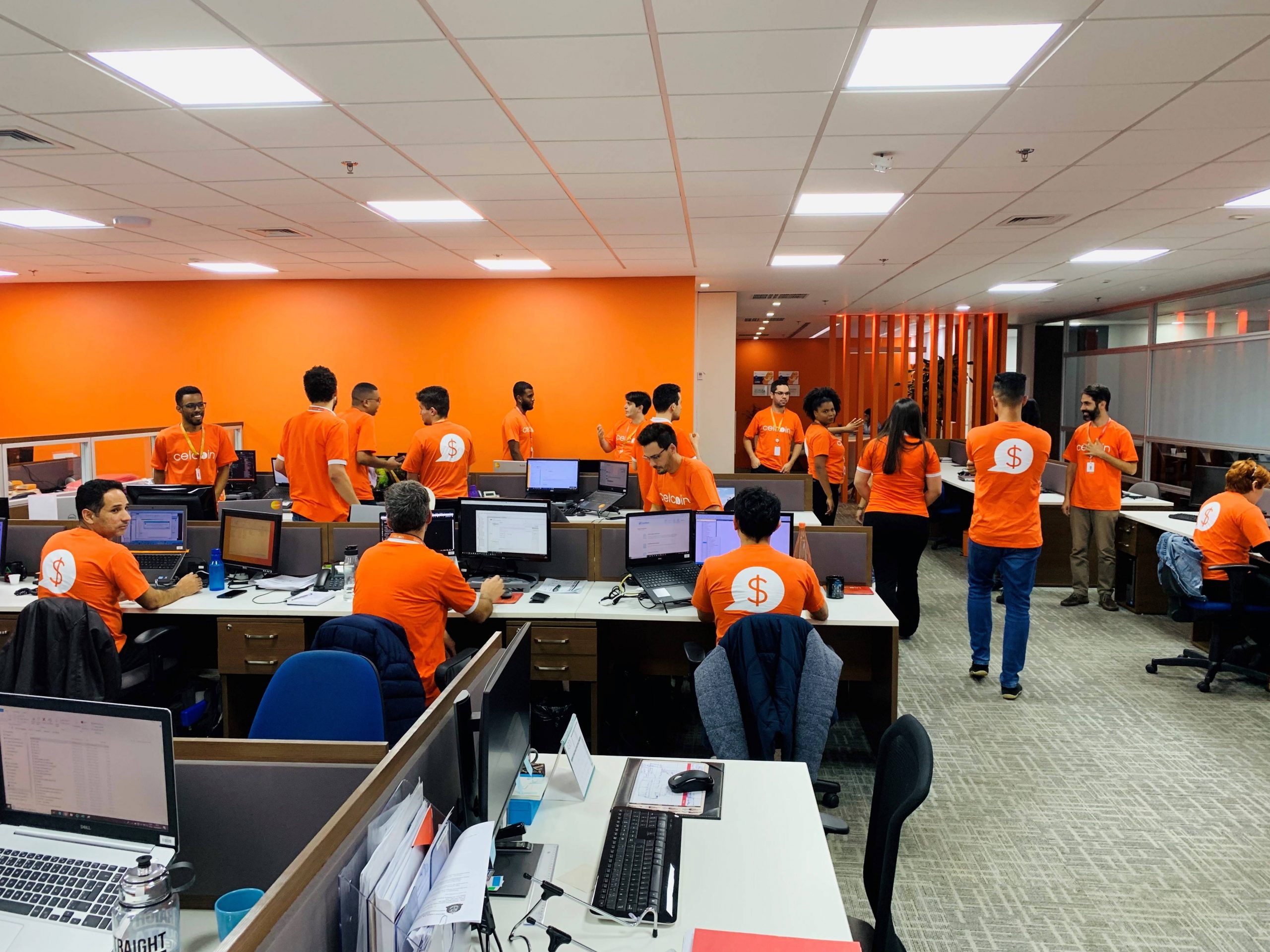RIO DE JANEIRO, BRAZIL – The open financial services platform Celcoin announced on Friday that it had received a R$55 (US$11) million investment led by Torq Ventures, joined by Vox Capital and boostLab, the technology investment arm of BTG Pactual.
What does small trader Helton Ferreira from a neighborhood on the outskirts of Fortaleza have in common with Brazil’s fintech sensations like Nubank and Stone?
They are all connected to the Celcoin system.

Founded in 2016 by Marcelo França and Adriano Meirinho, the startup has developed a cloud platform that enables water, electricity, telephone, and tax bills.
The startup provides systems for operating the PIX instant payment, bill payments, deposits and withdrawals at the Banco24Horas ATM network, and automatic debit, among others.
By connecting to its system, customers automatically have access to municipalities, government agencies and basic utilities, mobile providers, and even streaming provider Netflix and GooglePlay’s app store. It may seem trivial, but it’s a network of more than a thousand providers painstakingly built and connected through Celcoin.
The system has proven useful for two worlds.
On the one hand, some 36,000 small retailers increase their income by offering bill-paying services to the unbanked population of the country, saving them from going to the bank or the lottery. In practice, they act as banking correspondents without being affiliated with a bank.
The 170 fintechs connect to Celcoin through an API, a bridge connecting online platforms to the bill payment system.
With exponential growth amid increasing digitalization with the pandemic, the startup had already received a R$23 million investment in October 2020, led by impact manager Vox Capital, which contributed R$14 million and was accompanied by boostLAB, the technology startup acceleration hub of BTG Pactual.
Vox has been a partner of Celcoin since early 2019 when it contributed R$6 million. The company is part of its R$50 million Fund II.
MONEY IS RUNNING AFTER CELCOIN
Celcoin is one of those cases where the market found the company and not the other way around.
In developing the app, the founders targeted the individual: they wanted to create a platform where the unbanked could pay their bills directly. The number of downloads left something to be desired, but one behavior caught their eye. Some users, especially in the Northeast, had a very high volume of bill payments.
The partners took a plane and went to check it out. To their complete surprise, they discovered that some small businesses were using the personal app to offer a bill-paying service to their neighborhood customers – a way to attract customers and possibly even make a little extra money.
They had no doubts: “We quickly changed our communication and started offering incentives to these merchants, with revenue sharing, and we had an explosion of volume,” says CEO Marcelo França.
THE TECHNOLOGY
Celcoin’s system works on a prepaid scheme. Both the agent and the fintech must deposit an amount into the payment account they open on Celcoin. Whenever a customer ends up paying a bill or charging a cell phone, the amount is debited from this central account, which needs to be constantly replenished.
The revenue comes from the water, electricity, or phone company, which remunerates Celcoin for receiving the payments.
The coronavirus pandemic exponentially accelerated the company’s growth curve as life shifted to digital. In the case of agents, demand exploded as people avoided the rush to lottery retailers and found it possible to pay bills at neighborhood grocery stores and pharmacies, which remained open as essential services.
While the number of intermediaries has increased many times repeatedly, the number of customer fintechs has doubled.
If in January Celcoin processed R$250 million per month in payments, in June 2021, the company reached R$1.5 billion. About 70% of the volume is generated by fintechs and banks and 30% by intermediaries.
The company’s annual revenue reached R$75 million in September but is expected to exceed that in 2020, having grown at a rate of 10% during the slow months.
According to Marcelo França, founder and president of Celcoin, the new investment will accelerate product development, the purchase of startups, and the conclusion of payment institution and transaction initiator licenses, types of institutions authorized by the Central Bank to operate in open banking.


